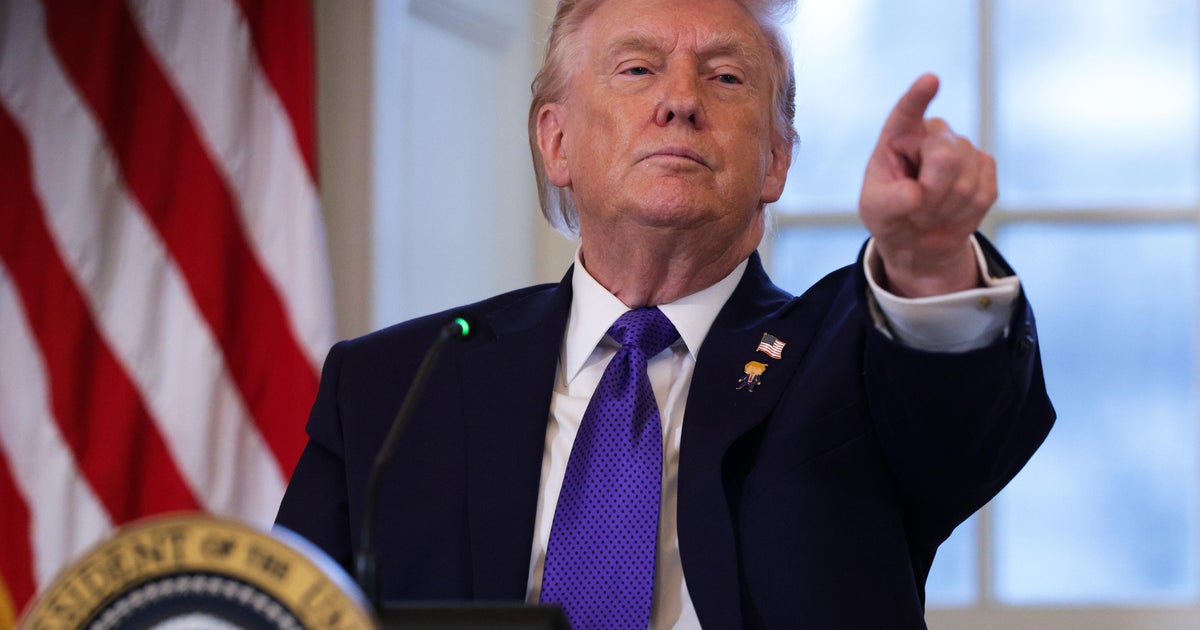Supreme Court isn't stopping Trump's bump stock ban
WASHINGTON — The Supreme Court on Thursday declined to stop the Trump administration from enforcing its ban on bump stock devices, which allow semi-automatic weapons to fire like machine guns, nullifying the only remaining effort from the gun rights lobby to quash the president's ban.
Chief Justice John Roberts declined a different request for the court to get involved on Tuesday, the day the ban took effect. On Thursday, the justices didn't explain their decision.
The administration's ban puts it in the unusual position of arguing against gun rights groups. President Trump said last year that the government would move to ban bump stocks. The action followed a 2017 shooting in Las Vegas in which a gunman attached bump stocks to assault-style rifles he used to shoot concertgoers from his hotel room. By using the devices, which allow shots to be fired more rapidly, the gunman was able to fire more than 1,000 rounds in 11 minutes. Fifty-eight people were killed and hundreds were injured. In February, the FBI shared it found no discernible motive for the deadliest shooting in U.S. history.
The Trump administration's move was an about-face for the federal Bureau of Alcohol, Tobacco, Firearms and Explosives. In 2010, under the Obama administration, the ATF found that the devices were legal. But under the Trump administration, officials revisited that determination and found it incorrect. The revised regulation, which went into effect Tuesday, requires owners either to destroy their bump stocks or surrender them. The government estimates hundreds of thousands of the devices have been sold.
The revised regulation was met with resistance from gun rights advocates, and several lawsuits were filed to try to stop the ATF from enforcing the ban. But lower courts have so far declined to keep the administration from moving forward with the ban, and the Supreme Court declined to get involved to halt it.





